INTERFACES / FORM FACTORS
Embedded and industrial applications are characterized by a wide variety of host requirements relative to form factor and interface. Understanding the trade-offs are critical to making the best solution for a particular host hardware and software architecture
Contact a Delkin Specialist today- We’re happy to help with any questions about interfaces/ form factors.
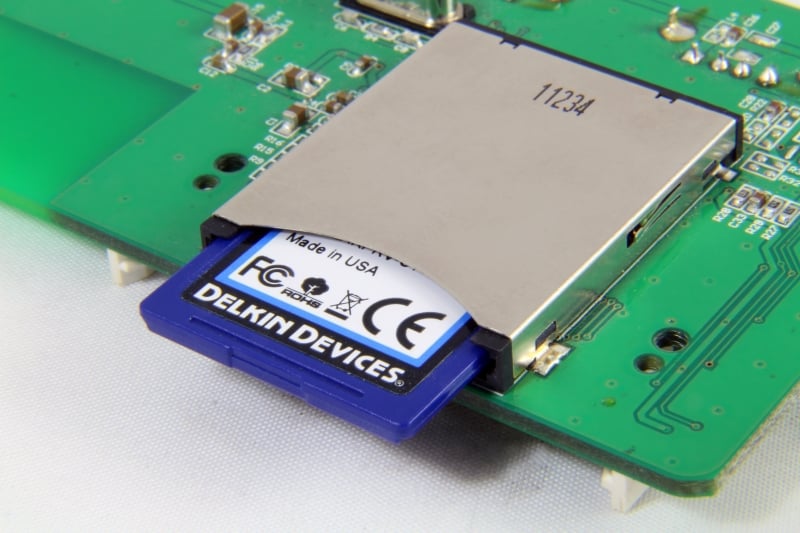
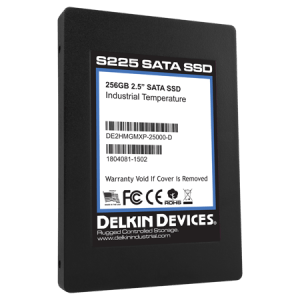
The SATA interface has the most form factor options available, giving users great flexibility when selecting a storage product. Delkin offers products ranging from the traditional 2.5” HDD form factors to small uncased drives such as mSATA, mini mSATA (MO-300B), SlimSATA (MO-297), as well as removable CFast cards.
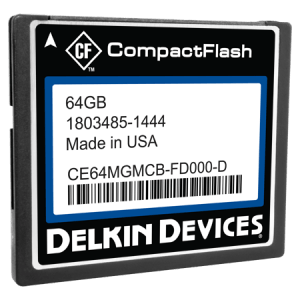
The two main form factors still in production utilizing the PATA interface are CompactFlash and PCMCIA cards. CompactFlash continues to be a key form factor in the industrial embedded space due to its robustness, small size and ease of integration. CF is commonly used in industrial applications as a boot drive, with an OS image load, as well as for critical data logging คามากร้า ราคา.
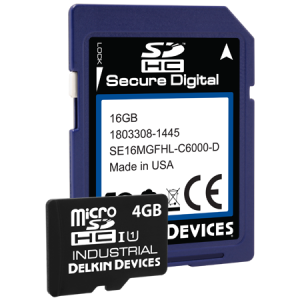
The Secure Digital storage medium has been leveraged into the industrial space due to its advantages in size, low power consumption, simplicity of integration, and availability. The two most prevalent card formats are the full size SD and the microSD.
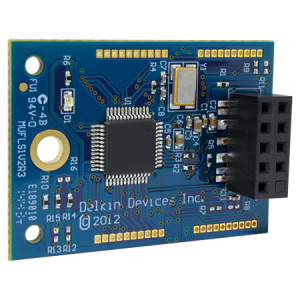
The USB interface offers the benefit of hot-swap capability, which makes portable USB flash drives an ideal method for transferring data between systems. The Embedded USB form factor continues to be popular as a boot drive for industrial applications due to the small size, ease of integration, and mechanical ruggedness. Since most processors support the USB interface, it is a natural choice when a small amount of storage is needed and the host cannot physically accommodate a traditional HDD / SSD form factor.
 Login
Login Register
Register

